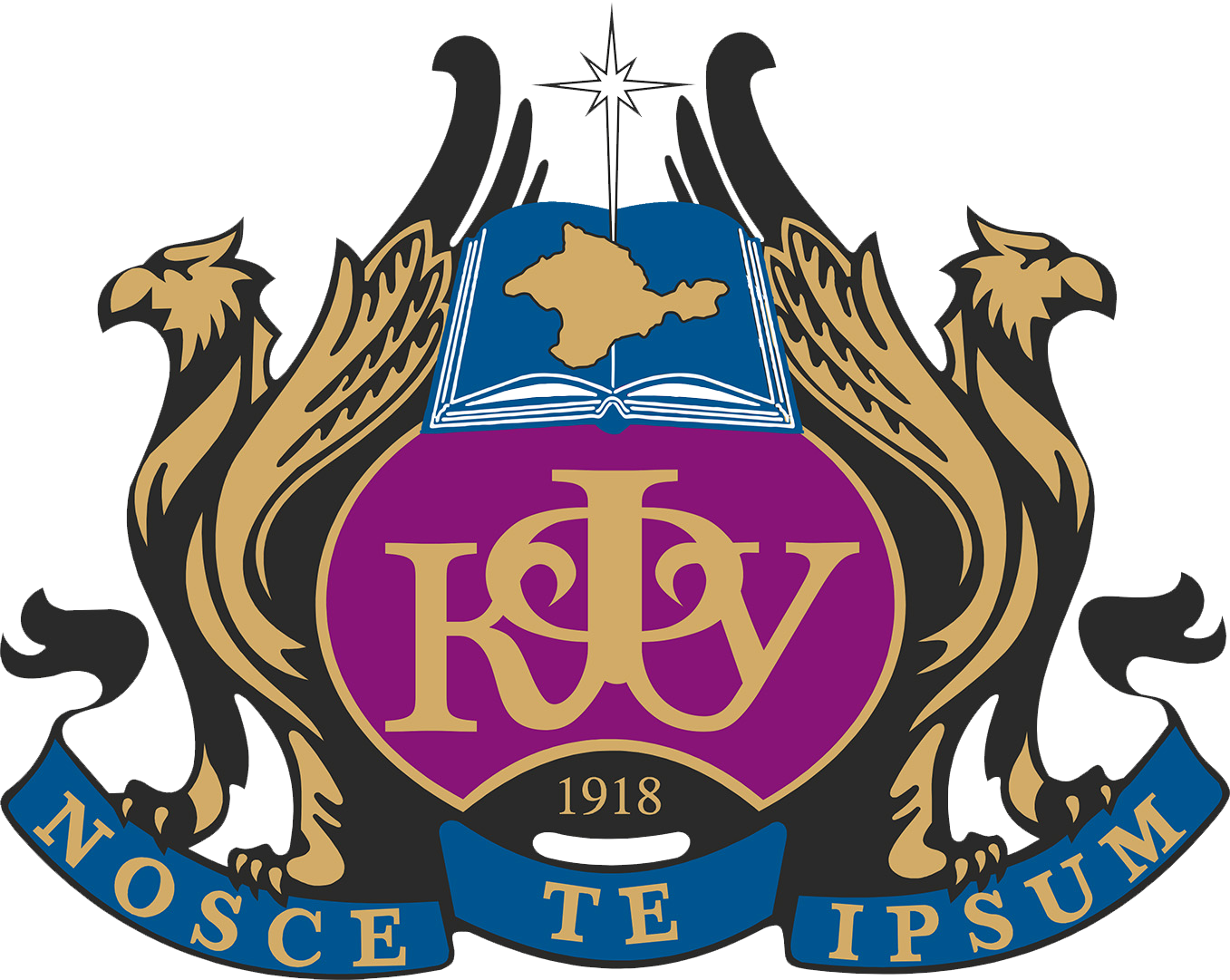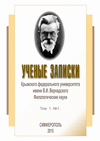The object of research in the article is a postmodernist interpretation of the afterlife in the novel “Timbuktu” by an American author Paul Auster. The study of this problem expands our knowledge of various views on posthumous life reflected in contemporary fiction and allows us to identify the diversity of linguistic and artistic means of authors’ mythmaking in postmodernist works. The wide representation of the theme of the afterlife in literature and art of the late 20th – early 21st centuries, as well as its insufficient study make this research topical. The analysis reveals that P. Auster, being a postmodernist mythmaker, deconstructs the myth of the afterlife, creates his own mythologem, nominates it, playing with its meanings, sets an ironic mode of its perception. In the article the method of cognitive analysis is used to identify the conceptual features of the notion of the afterlife and the features of its nominative field; the method of mythological analysis helps to disclose the peculiarities of the transformation of traditional Christian ideas about the next world. The article reveals the features of the writer’s mythmaking and highlights the originality of the author’s narrative.
concept, myth, mytheme, mythologem, game, deconstruction, death, afterlife, postmodernism, P. Auster
1. Anisimova O. V. Obraschenie k mifu v sovremennoy literature // Vysshee obrazovanie v Rossii. Krugozor. – 2003. – № 2. – S. 127–131.
2. Borunov A. B., Sherchalova E. V. Avtorskiy mif v sovremennom postmodernistskom romane // Filologicheskiy klass. – 2021. – T. 26. – № 3. – S. 8–20.
3. Galanina E. V. Mifologicheskie miry postmoderna // Fundamental'nye issledovaniya. – 2015. – № 2. – Ch. 1. – S. 200–203.
4. Ermolenko O. V. «Mifotvorchestvo» i «individual'no-avtorskoe mifotvorchestvo»:problema razgranicheniya ponyatiy // Filologicheskie nauki. Voprosy teorii i praktiki.– 2020.– T.13.–Vyp. 3.
5. Zatonskiy D. V. Modernizm i postmodernizm: Mysli ob izvechnom kolovraschenii neizyaschnyh iskusstv. – Har'kov: Folio; Moskva: Izdatel'stvo AST, 2000. – 256 s.
6. Klyukina L. A. Mifema i mifologema: praktiki ispol'zovaniya ponyatiya v sovremennoy otechestvennoy filosofii kul'tury // Mezhdunarodnyy zhurnal issledovaniy kul'tury.– 2018.– 4 (33)– S.197–207.
7. Kovtun E. N. «Intertekst mira posmertiya» v fantastike HH–HHI vv.: funkcional'nost' hudozhestvennoy modeli // Studia Litterarum. – 2022. – T. 7. – S. 35–42.
8. Levit I. V. «Ray pechali»: ob evolyucii predstavleniy o zagrobnom mire // Obraz raya: ot mifa k utopii. Seriya "Symposium". – SPb.: Sankt-Peterburgskoe filosofskoe obschestvo, 2003. – Vyp. 31.
9. Lomakina I. N. Mifologicheskaya model' Ameriki v tvorchestve Dona Delillo: Diss. kand. filol. nauk: 10.01.03. – Simferopol', 2017. – 203 s.
10. Min'kova N. V. Vliyanie principov postmodernizma na interpretaciyu obrazov smerti v massovoy kul'ture //Aktual'nye problemy gumanitarnyh i estestvennyh nauk. – 2010. – № 2. – S. 112–114.
11. Moskvin A. A. Obraz zagrobnogo mira v sovremennoy fantastike kak otrazhenie massovogo vospriyatiya smerti // Kul'turologiya i iskusstvovedenie: materialy IV Mezhdunarodnoy nauchnoy konferencii
12. Pavluhina O. V. Predstavleniya o smerti i zagrobnoy zhizni v trilogii F. Pulmana «Temnye nachala» // Znanie. Ponimanie. Umenie. – 2012. – № 2. – S. 297–300.
13. P'yanzina V. A. Avtorskiy mif kak zhanr sovremennoy literatury // Universum: Filologiya i iskusstvovedenie. – 2017. – № 9 (43). – S. 9–11.
14. Razd'yakonova E. V. Mif kak real'nost' i real'nost' kak mif: mifologicheskie osnovaniya sovremennoy kul'tury: avtoref. dis. … kand. filos. nauk: 24.00.01. – Tomsk, 2009. – 23 s.
15. Rytova T. A., Schipkova E. A. Problema issledovaniya mifologizma i syuzheta mifa kak elementa syuzhetnoy struktury v russkoy proze konca HH – nachala HHI vv.
16. Task S. E. Iskusstvo zhit'. Beseda s Polom Osterom // Inostrannaya literatura. – 2005. – № 3. – Rezhim dostupa: https://fantlab.ru/article407
17. Auster P. Timbuktu. – New York: Picador USA. Henry Holt and Company, 2000. – 181p.
18. Collins English Dictionary: Rezhim dostupa: https://www.collinsdictionary.com/dictionary/english/





